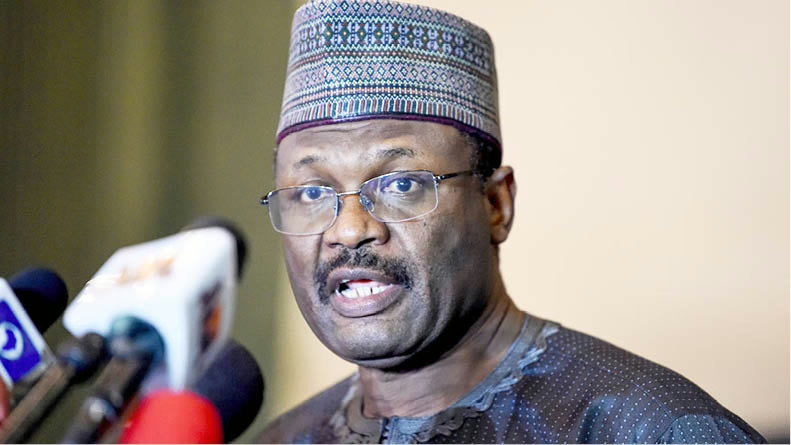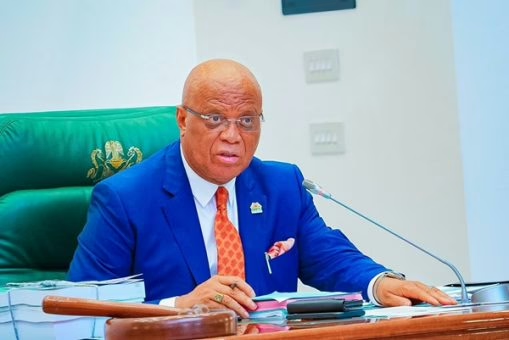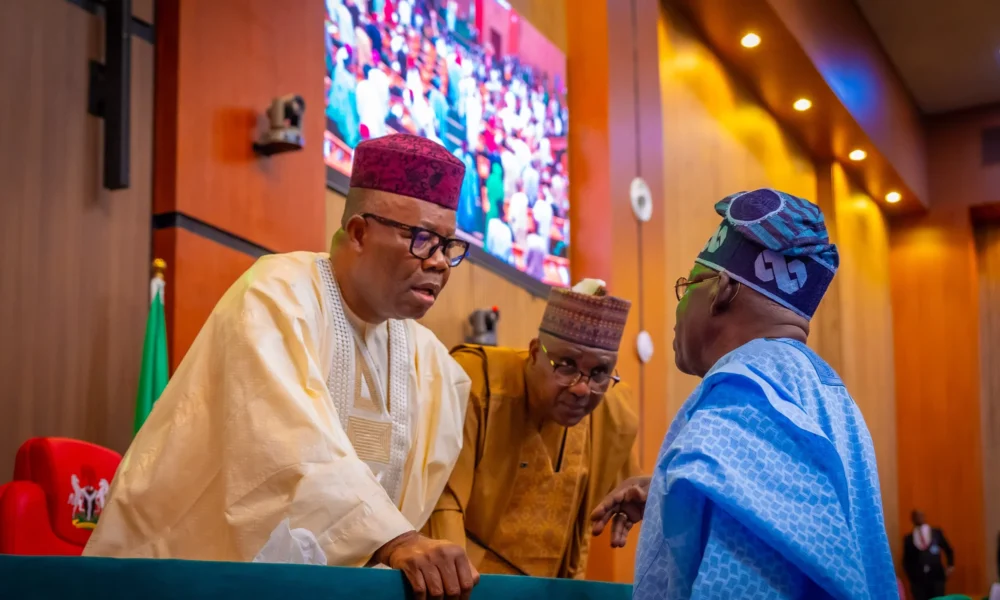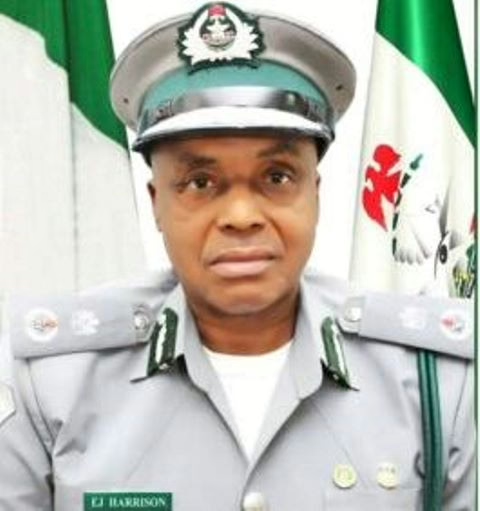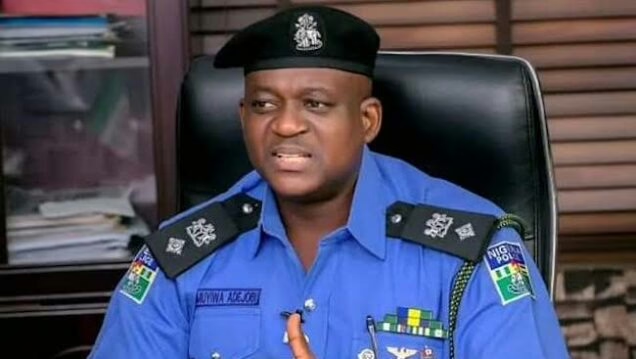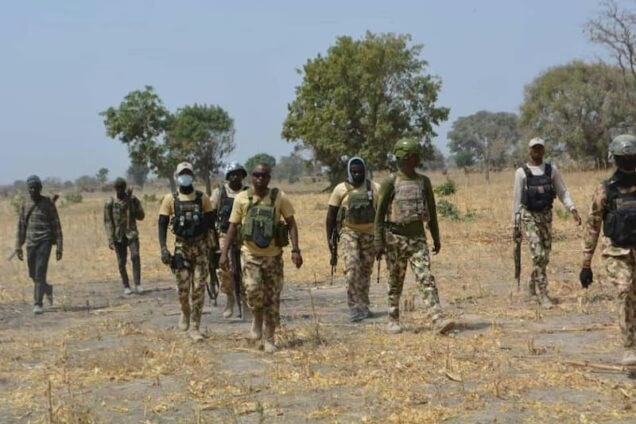Lagos and the war against gender-based violence
Sexual and Gender-Based Violence illustration
Photo credit: Vanguard News
Published By: Michael Adesina
By Rasak Musbau
In recent times, Lagos has become a focal point in the conversation around gender-based violence (GBV), particularly as incidents of rape continue to rise alarmingly. The Nigerian media has highlighted a disturbing trend of gang rapes and assaults by not only strangers but also by those within the victim’s immediate community—relatives and neighbors. This situation demands urgent attention and action from all sectors of society.
The statistics speak volumes. Between 2019 and now, the Lagos State Domestic and Sexual Violence Agency (DSVA) has recorded nearly 25,000 cases of gender-based violence. This epidemic reflects a grim reality where perpetrators often roam free, emboldened by a culture of impunity and an ineffective justice system. The troubling sight of gang rapes occurring in broad daylight, witnessed by bystanders who choose to remain silent, underscores the severity of the crisis we face.
Equally disturbing is the societal tendency to blame victims, often attributing responsibility to their choice of clothing or behavior, as if indecent dressing could ever justify such heinous acts. This victim-blaming mentality only serves to perpetuate the cycle of violence, making it imperative for us to address not only the acts of violence but also the underlying attitudes that fuel them.
Experts emphasize that the primary motivation behind rape is often a desire for power and control rather than mere sexual gratification. The pervasive belief that women are chattels, existing for male use, still lingers in our society. Such views reduce the complex human experience to mere objects of domination, illustrating a dangerous mindset that must be dismantled.
It is crucial to question why these attitudes persist and how we can shift the narrative. Public discourse around GBV needs to evolve, moving away from shame and silence towards education and empowerment.
In response to this growing crisis, the Lagos State government has initiated several programs aimed at curbing GBV. The Ministry of Women Affairs and Poverty Alleviation (WAPA) and the Ministry of Justice are at the forefront, actively engaging in public enlightenment campaigns and institutional support for survivors. They have trained health workers to act as change agents in documenting cases of violence and supporting victims, which is essential for pursuing justice.
One notable initiative is the annual “16 Days of Activism Against Gender-Based Violence” campaign, which raises awareness about the need to eliminate violence against women and girls. This campaign, held in partnership with the development partners, brings together community leaders, activists, and policymakers to foster a collaborative approach to addressing GBV.
- FG to develop procedures for prosecution of GBV in schools , says AGF
- C’River records 586 cases of gender-based violence in 10 months
- Mrs Obaseki threatens to prosecute govt officials for marginalizing women
Additionally, the government has plans for extensive advocacy campaigns across local government areas, emphasizing that ending GBV is a collective effort that requires the involvement of all citizens. Events like “Turn Alausa Purple” and advocacy walks aim to engage men, women, and children in the conversation around GBV, highlighting that everyone has a role to play in this fight.
To effect meaningful change, we must also focus on community engagement. The Ministry has outlined initiatives such as market fiestas to educate the public about gender roles and their impact on GBV. By targeting areas with high incidence rates, such as Alimosho, the state aims to raise awareness and provide information on available support services.
Moreover, the symposium titled “Are We Doing Enough? A Decade of Reflection and Action” held recently in Ajeromi-Ifelodun where the government gathered stakeholders to assess the state’s progress over the past ten years in responding to GBV and formulate actionable policies for the future is vital for creating an effective response to the ongoing crisis.
The fight against Gender-Based Violence in Lagos is far from over, and while progress has been made, there is still much work to be done. We must challenge societal norms that tolerate violence and ensure that our legal systems protect victims and hold perpetrators accountable. Engaging the media and leveraging public platforms to amplify voices against GBV will be essential in shifting public perception and encouraging more victims to come forward.
As we commemorate awareness months dedicated to ending GBV, let us remember that every individual has a role in this fight. Whether through advocacy, education or simply speaking out against injustice, we must collectively work to create a safer, more equitable society for everyone.
In conclusion, the urgent call to action against gender-based violence in Lagos is not merely a governmental responsibility but a societal one. We must all stand together, united in our commitment to combat this menace and foster a community where every individual can live free from fear and violence. The time to act is now. Let us make Lagos a beacon of hope in the fight against gender-based violence.
*Musbau is Deputy Director (Public Affairs), Lagos State Infrastructure Asset Management Agency (LASIAMA), Alausa, Ikeja.*


